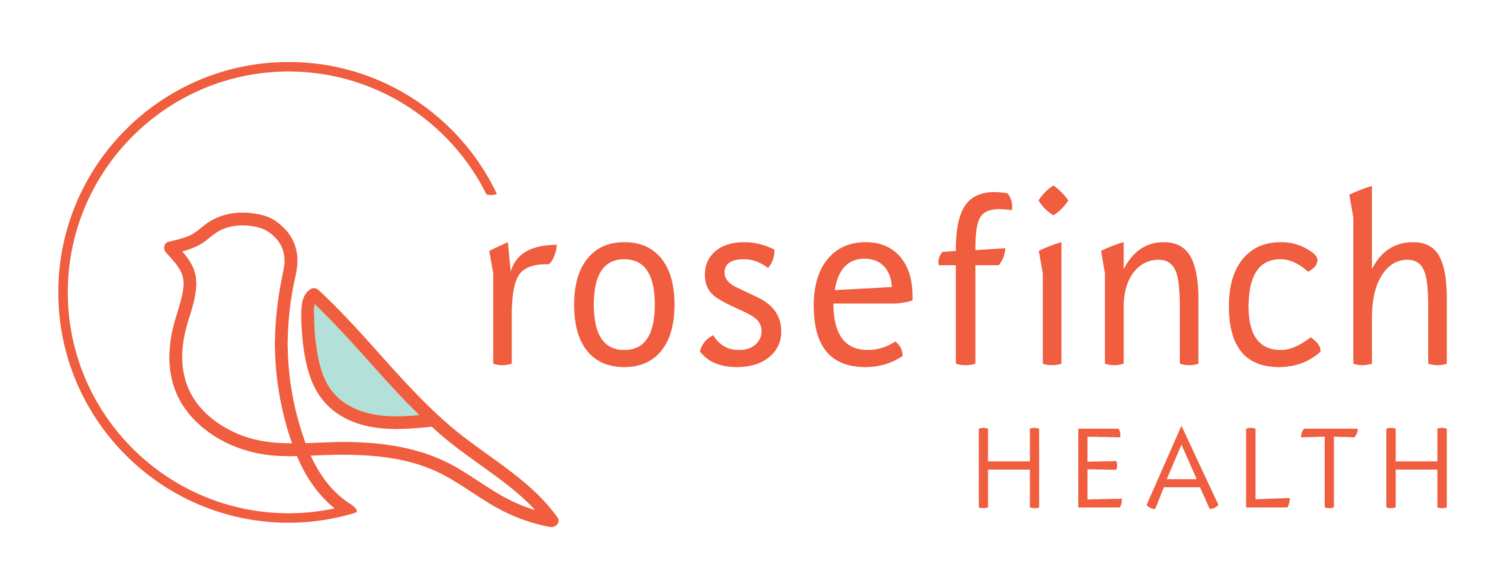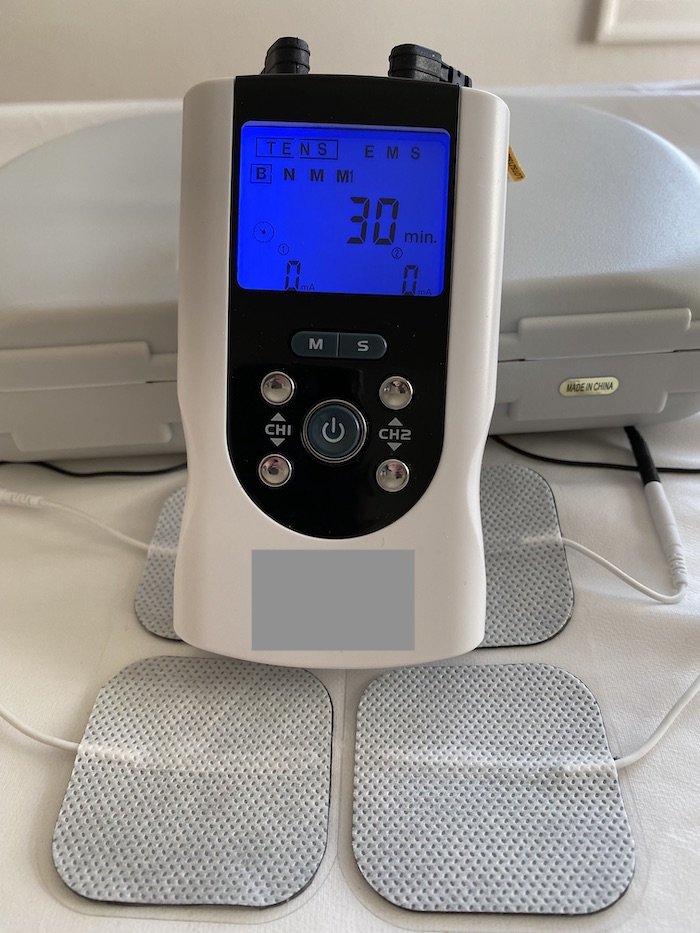TEAS and IVF
TEAS and IVF
Can using electrodes on acupuncture points help improve your chances of IVF success? Two new studies found IVF patients may benefit from using TEAS with IVF.
What is TEAS?
TEAS is transcutaneous electrical acupoint stimulation and is a convenient way to deliver needle-free stimulation to acupuncture points. It is like TENS on acupuncture points. What is TENS? If you have ever had back pain, you may have used a device that sent gentle, electrical stimulation through sticky pads placed on your back to help reduce your pain. This electrical stimulating device is called TENS or transcutaneous electrical nerve stimulation and is often used for pain control.
What impact does TEAS have on IVF?
There were two studies released in the previous week.The first study was a meta-analysis of 19 randomized controlled trials that included 5,330 IVF patients. When TEAS was added to IVF, there were several significant findings:
42% more clinical pregnancies
9% more high-quality embryos
45% fewer biochemical pregnancies
42% more live births
The certainty in the results is low (i.e., they will likely change as more research is done), EXCEPT for live births where the certainty was moderate (i.e., this result may change with more research)
The second study was a randomized controlled trial of 739 IVF patients who could receive TEAS or no TEAS treatment. This was not included in the meta-analysis since it was so new. Overall, there were significantly more clinical pregnancies in women who added TEAS to their IVF cycles than those who did not (55.1% vs. 46.7%). When they looked at the age of participants, they found in women aged 35 and over, TEAS significantly increased clinical pregnancy rate (48.9% vs. 23.7%, p=0.004) and implantation rates (30.8% vs. 13.9%, p=0.001) compared with no TEAS. There were clinically more live births (34.0% vs. 19.7%), but it was just below statistical significance.
What was also interesting is the researchers looked at a smaller number of patients within the study to see if there was a difference in their uterine lining with TEAS. They found several vital outcomes on the theoretical embryo implantation day:
several factors indicate the uterine lining was better developed with TEAS, specifically more pinopodes (extensions from the lining that help the embryo implant)
improved progesterone levels
How does it work?
Adhesive electrodes are placed on acupuncture points that are associated with fertility support. With gentle stimulation, the body responds in three primary ways:
Calms the nervous system’s fight/flight response, allowing the blood vessels to dilate and direct nutrient-rich blood to the reproductive organs and glands.
Triggers the release neurotransmitters that help ensure open communication between the deep brain and the reproductive glands, also known as the hypothalamus-pituitary-ovarian (HPO) axis in women or people who menstruate and the hypothalamus-pituitary-testicular (HPT) axis in men or people with sperm. Ultimately, this dialogue across the HPO axis may help one ovulate more regularly, have regular periods, and ultimately overall fertility. In the HPT axis, it supports sperm production.
Helps the body release endorphins, which help reinforce the first two functions and pack an added stress-relieving boost. IVF is stressful enough, but this can be one way to support yourself throughout your cycle.
Want to learn how to add TEAS to your next egg freezing or transfer cycle? Contact me.


